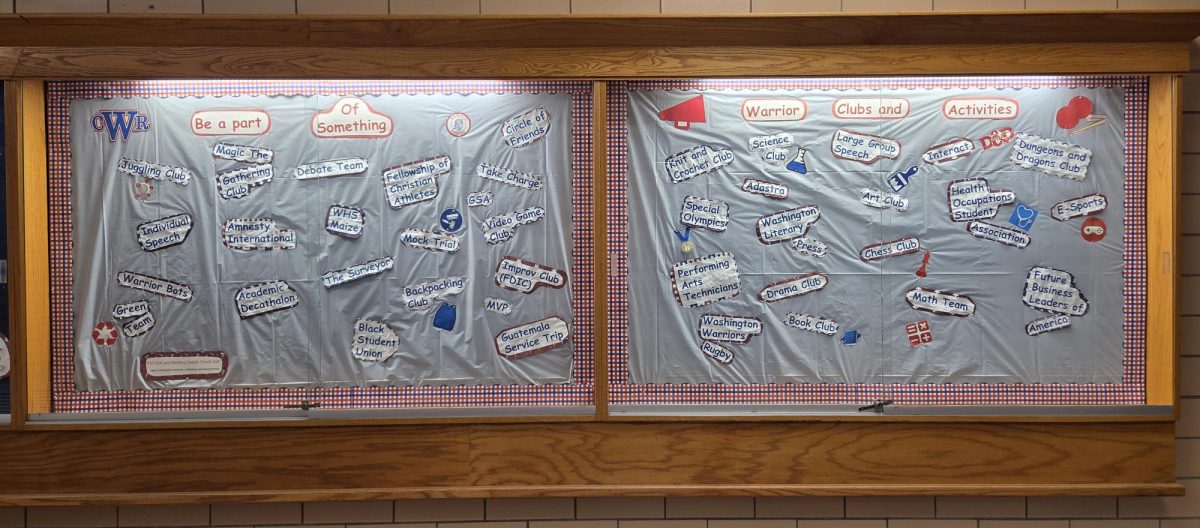Since I entered 6th grade, I was met with expectations from those older than me. Everyone had warned me of the difficulties of middle school and how it “would be different.” By different, they meant much harder than the elementary school I had gone to. When nothing had changed, many adults around me began to get confused and would ask me about the curriculum. They would always follow with “When I was in middle school we never got to retake tests.” This conversation has been repeated to me every year since, and as a senior in highschool, I’ve started to wonder, is my education easier than those before me? I believe the difficulty of our education has gradually diminished over the last decades. While I would like to argue for the work I put in every day, statistics, laws, and stories of others I know all prove that the education I have now is not the same and is much easier when compared to that of the 80s and 90s.
We see a rise in grades across highschools in the United States.Between 1990 and 2024. The average GPA went from 2.68 in 1990 to 3.00 in 2024. However the National Assessment of Educational Progress (NAEP) has shown a decline in the average score of mathematics and reading. These trends suggest that the rigor of highschool curriculum is easier, as students are achieving higher grades with no increase of knowledge. We continue to see these trends in other test scores like the Standards Admissions Test (SAT) according to SAT reports. We also have seen the decline of homework in schools. With a reported 50% of students having six or more hours of homework a week in 1990 now dropping to 33.4% in 2024, according to the Brookings Institution, an independent research institution.
This change did not occur randomly. The No Child Left Behind Act (NCLB) has been criticized by many for its potential hurt to the education system. According to Encyclopedia Britannica the NCLB Act is a “U.S. federal law aimed at improving public primary and secondary schools, and thus student performance, via increased accountability for schools, school districts, and states.” It also ensures high quality teachers, requires standardized testing, etc. If the schools don’t perform well in these areas there can be consequences for the schools. Consequences include a loss of funding and restructuring/ reorganization of the school. However, since the Act, many schools have seen mass grade inflation, it’s not hard to believe that this would be done to meet performance benchmarks and avoid penalties. This makes it much easier for people to attain high marks in their classes which would have previously been deemed difficult.
In an Algebra class in 1990 a student would have taken a test and had no notes and no opportunity to retake the test. In the year 2024 that is a rare construct and is considered strict if implemented. In some classes the act of writing on your paper and turning it in is sufficient. Many of my classmates don’t practice for tests when they know that there will be a retake or don’t learn the material when they know they can use their notes. Often when giving advice to young highschool students my friends will advise them to “work the system,” an idea many of my classmates hold. What they mean by this is if you write enough, the quality of what you write doesn’t matter. You’re given a good grade for trying, not for crafting a well-written response.Their grades show it’s true: they all get exceptional marks. I’ve read terrible pieces of writing with a 45/45 in the corner.
The effects of having easier education are detrimental. This lack of effort doesn’t translate to our future colleges and careers. Allowing students to just write on a piece of paper doesn’t teach us the necessary skills needed to become better writers. Letting us use notes on tests does not promote learning a new skill. Weas students have begun to believe this is the norm, that things are supposed to come easy, when ultimately we will be hit by the truth: that they’re not.







